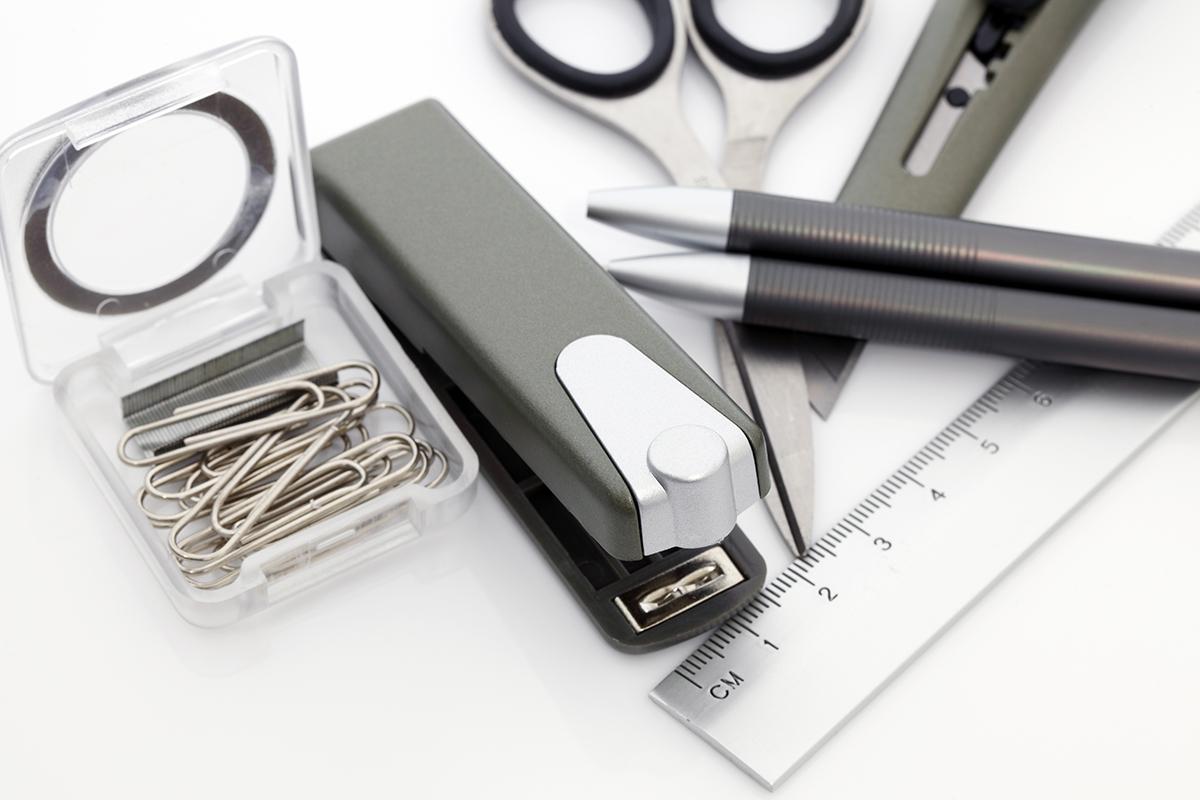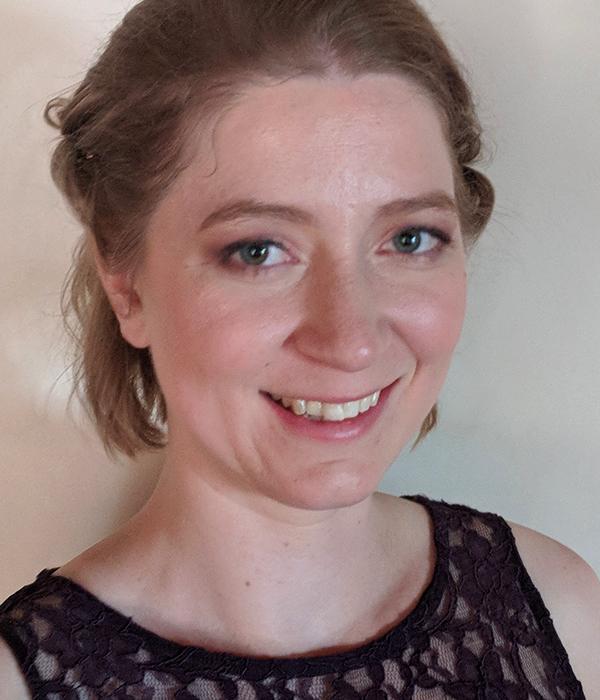08 April at 10:00AM
Story of Bias: Allyship vs Unconscious Bias in the Workplace
I’m an engineer, project manager, team leader, and advocate of workplace culture, inclusion, and belonging. I love creating working environments where each team member can succeed and I am passionate about making things better and creating new initiatives that will solve problems. I deliver strategic visioning, write technical reports and macros, and facilitate complex problem-solving workshops. I am also one of a few technical women in a department of 150 members.
I work in the railway systems and construction industry. In my career, I have worked directly with four other technical women. After ten years of working in this field, I have repeatedly witnessed and experienced assumptions others make about the women engineers working in the office. Mostly, the assumption is that they are not engineers, or that they will be taking on administrative work. Let me share a story with you.
This “Bias Stuff” It Does Exist
One day I was working late on a shared project in the office. As our team wrapped up the work, a male engineer colleague, let’s call them John, proceeded to tell me of a recent conversation he had with someone in the Administration department. He said, “You know, I wasn’t sure whether you were exaggerating about this bias stuff you told me about, but today our administrator just assumed that either you or the other female engineer should be in charge of our group’s office stationery...Wow. I didn’t think that was right, so I decided to take charge of stationery instead.”

John and I had worked together for six months already and it took this capstone event to turn him into an active ally. Before, while we worked together, I was ignored when others had technical questions about my work, and John had to redirect those questions to me after he was asked first. Strangely, all the administrative questions came to me. Over the next course of a few months, we built enough professional trust that I felt comfortable pointing out these experiences of bias. I sighed, John asked why, and I told them it was a regular pattern of assumptions that happened all too often.
Let’s get back to John being in charge of the stationary. I think something about experiencing assumptions firsthand allowed him to make a connection to what I had shared with him before, about bias in the workplace. John realized he could take action, and he did. This catalyzed his allyship.
A New Day
After John took responsibility for the stationary, I witnessed a change. Now, John pointed out biased events to me. He asked for my input after meetings when he saw I’d been interrupted, or better still, he asked to hear my thoughts during meetings. Critically, he advocated for me to be assigned technical work. Sometimes he would even order the group lunch. Small actions like these clearly indicated to me, “Hey, I see you, and I’ve got your back.” These small steps make a world of difference.
It is my hope that this story will inspire our members to take meaningful steps, even minor ones, in response to small injustices they witness. We’re all on a journey together towards being more inclusive leaders, coworkers, and humans.
How Can You Be an Ally?
What actions can you take today to interrupt bias and promote inclusive work environments?
- Are you at the start of your allyship journey? Great! Maybe your action can be learning more about assumptions, people’s experiences, and why bias and behaviours might seem a trivial matter--but they are not.
- Are you in a position of power? Maybe your action can be to implement hiring criteria, policy changes, and training, or hire a consultant who can support the implementation of an organizational belonging program.
- Are you willing to put your time into helping everyone move forward? Think about joining or starting a Diversity, Equity, and Inclusion (DEI) committee.

You don’t need to be leading DEI initiatives and advocating for corporate policy change to make a difference. Everyone can make a difference! So now, who will be ordering the pizza, taking the minutes, and managing the stationery?
If you want to learn more about bias and allyship actions you can take, please visit these resources:
https://leanin.org/50-ways-to-fight-gender-bias
https://www.100actionsforequality.com/
https://www.splcenter.org/20150125/speak-responding-everyday-bigotry
https://hbr.org/2018/07/why-women-volunteer-for-tasks-that-dont-lead-to-promotions

Chris Blair
Acting Chair, DEI Working Group
Looking to get involved in PMI Toronto DEI initiatives? Support the PMI Toronto Steering Committee on Diversity and Inclusion. For inquiries please contact Roberta Jane Heggie (roberta.heggie@pmitoronto.ca).



